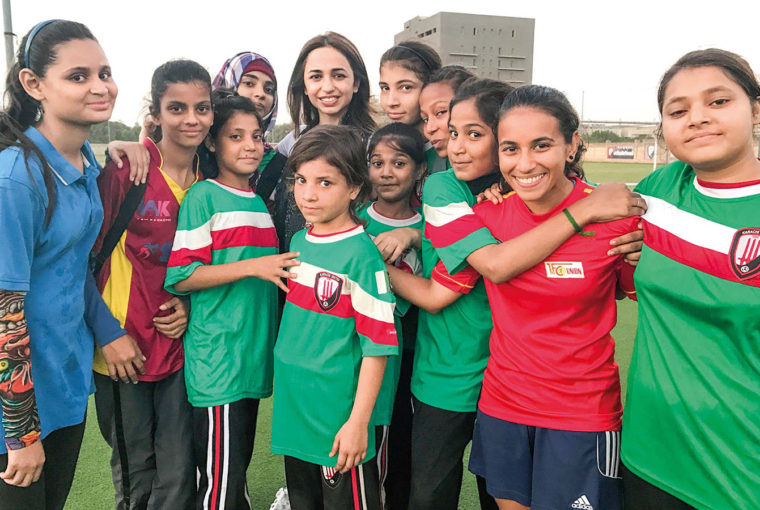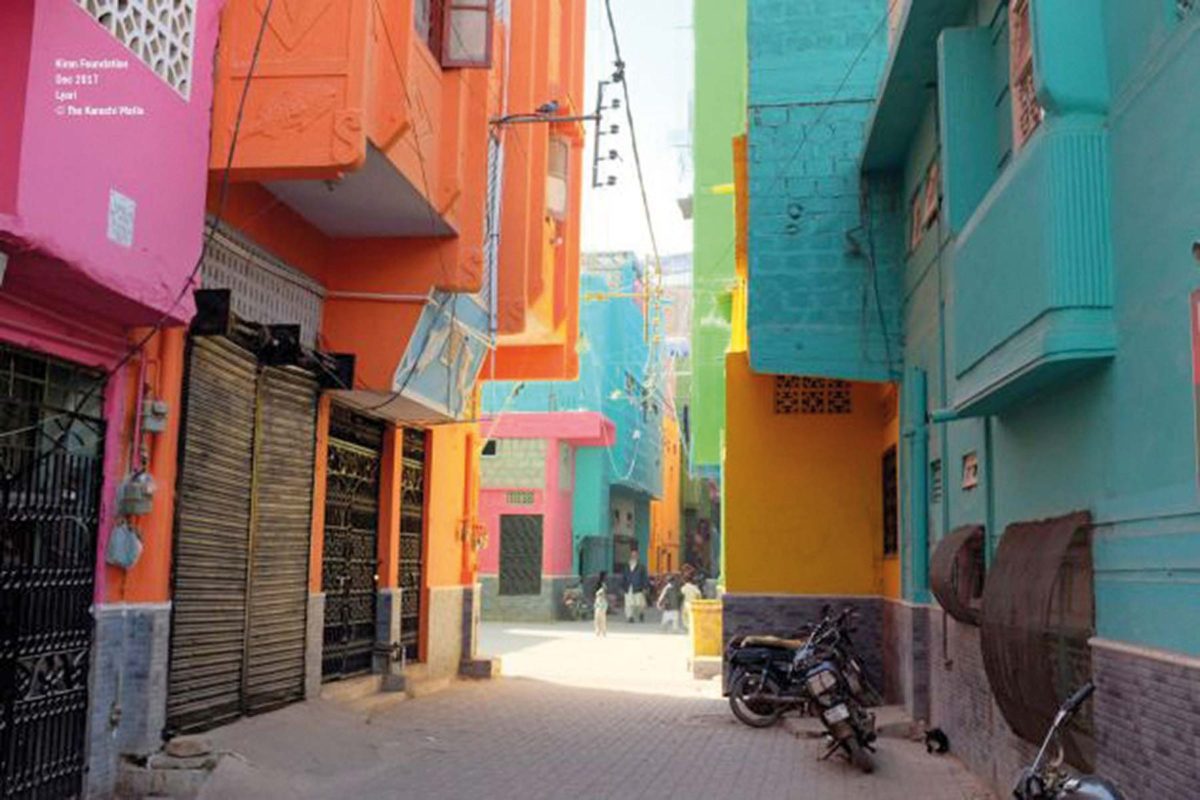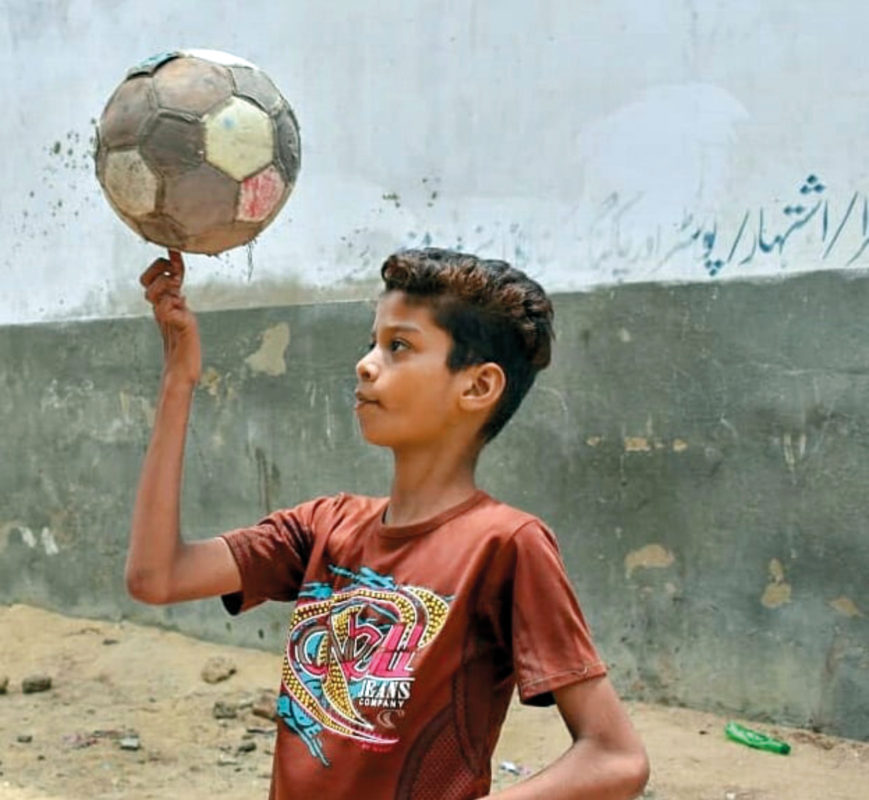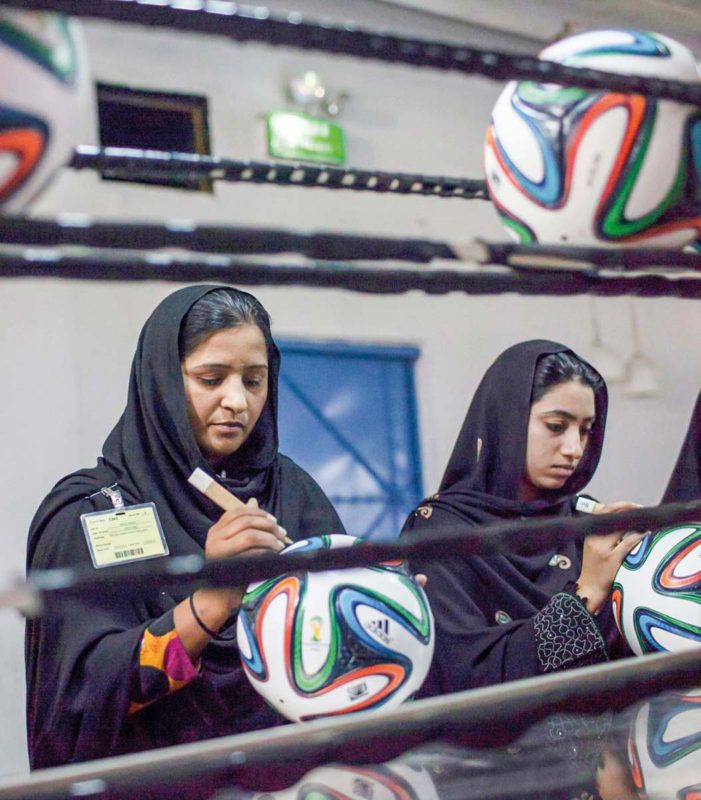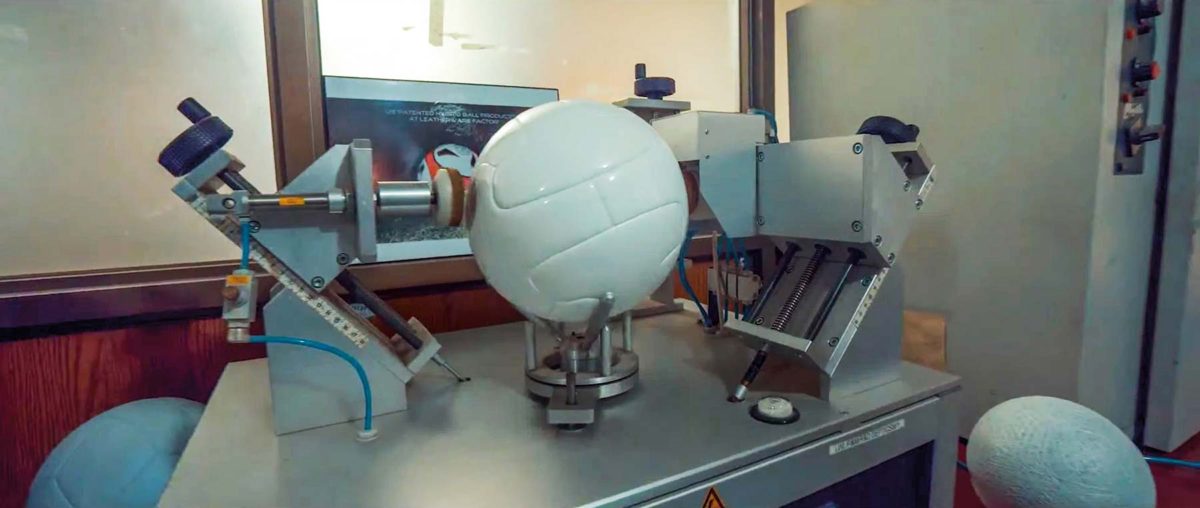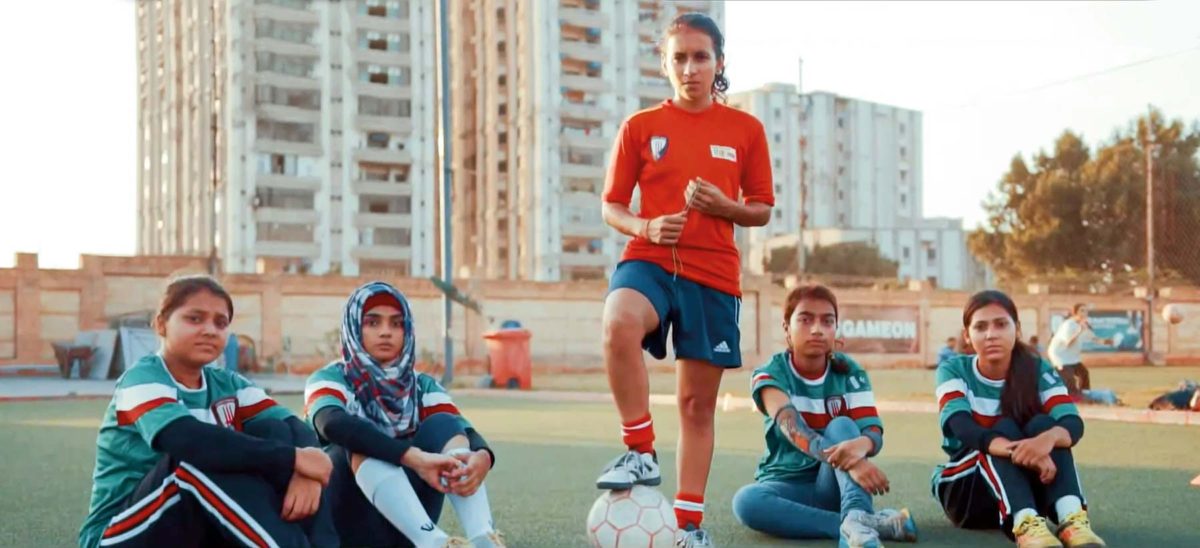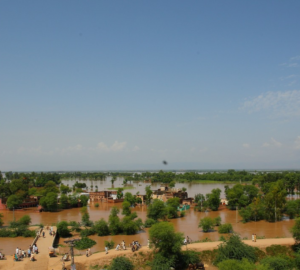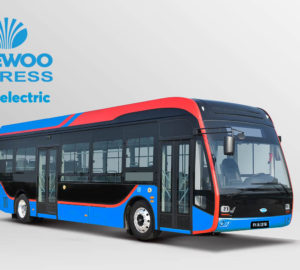From the streets of Lyari to the factories of Sialkot, football enthusiasts in the cricket-mad country of Pakistan are working slowly but surely to increase the sport’s popularity. Despite the lack of official support, football continues to grow due the passion and determination of these local heroes.
If you were to ask anyone to name Pakistan’s favourite sport, the resounding answer would be cricket. It’s not hard to see why. From the port city of Gwadar, situated on the southwestern coast of Balochistan, to the 2,430 kilometre long Durand Line (the border between Pakistan and Afghanistan), cricket is the common language spoken and understood across geographical, cultural and social barriers. In recent years, however, what is statistically the most popular sport in the world – football – has started to make inroads into the country.
Introduced in the Indian subcontinent during the British Raj as a morale-boosting exercise for British troops, football has slowly and gradually started to gain momentum in our cricket-obsessed nation. With little support given from the authorities, it is worth noting that the game’s recent popularity can be attributed to the struggle and effort invested by the common man – whether in the streets of Lyari or the football factories in Sialkot – making the evolution of football in Pakistan an inspiring story. A series of short films recently shot and released by Red Bull highlight these unsung heroes beautifully.
Karachi’s Lyari might have earned itself a reputation for crime and gang wars recently but before the political instability of the 90s, the neighbourhood was famous for its passion for football and for producing world class players, such as Abdul Ghafoor, Hussain Killer, Captain Umer and Ali Nawaz Baloch. It was, and still is, considered the ‘mecca of football’ in Pakistan, with over 150 registered football clubs, 11 football grounds and two stadiums. The talent of its young players has been the subject of many a short film and news features in the international press; unfortunately there is little in the way of official government support, forcing the players, who already face economic hardships, to fund their own passion.
One of the young players highlighted in the Red Bull video is Shajjar and he gives us an account of his undying love for the sport despite the daily struggles of living in Lyrai. “It’s not easy growing up in Lyari but football gives us [the people of Lyari] a sense of hope and something to look forward to each day. Because when we are on the field nothing else matters. Our troubles, fears, worries – they all disappear. It’s just the ball and us. In my life my first friend was football. I saw my father playing football and that is how I developed my interest in the sport. The passion for football runs in my blood. It has taught me to challenge my own limits and break down the barriers that come my way.”
Lyari’s love for football was evident during the recent FIFA World Cup, when the narrow streets and tiny homes in the congested neighbourhood were festooned with graffiti, flags and posters depicting the international teams participating in the tournament. Large television screens were set up in different places so that residents could watch the games, especially when favourites Brazil played. Daily activities were suspended as men, women and children gathered to cheer on their teams.
As Lyari was in the grips of football fever, another Pakistani city was also vested in the tournament for a different reason. In the province of Punjab lies Sialkot, a city dedicated to the production of footballs that has actively contributed to international tournaments for many years. While Pakistan failed to mark its presence at the FIFA World Cup 2018 with a national team, the ball ‘Telstar 18’ used at the World Cup was manufactured by Sialkot-based company Forward Sports, which was also the official football supplier for 2014’s FIFA World Cup. While Sialkot is the largest manufacturer of hand-sewn footballs, for the World Cup footballs, Forward Sports has adopted thermo-bonded technology, where the panels are attached through heat. The company’s employees say watching the football made with their own hands on their TV screens is equal to the emotions and pride of watching your child graduate. Most importantly, they feel they’ve done their part in putting Pakistan on the world map of football.
In recent years, Pakistani women have also made their presence felt in the sport, often perceived as male-dominated. These football enthusiasts reside mainly in urban cities of Pakistan with access to a reasonable amount of facilities that helps them bring their passion for the sport onto the field. Karachi United’s women’s division is one of the local set-ups that has earned a name for its dedication and commitment to the game. With the sport gaining momentum amongst the female population, the nation has produced role models like 21-year-old Hajra Khan, captain of the women’s national football team. In the Red Bull video, we meet another inspirational figure, Mashal Hussain of Karachi United. “Football is everything to me – it’s my career, passion, it has given my life purpose. Among the many challenges we faced, gender bias, cultural conservatism and lack of confidence from the girls we were working with were prevalent. My goal is to encourage women to break free of the stereotypes they are bound by,” she says.


